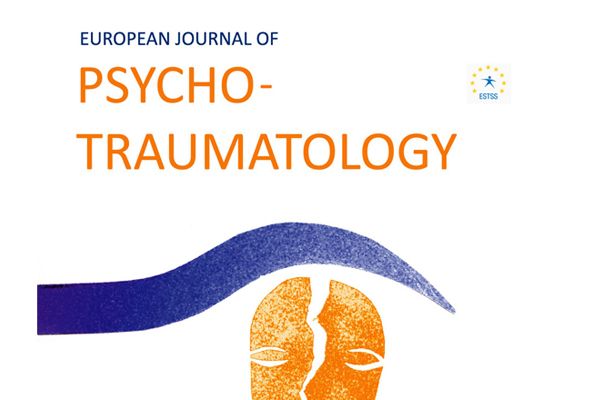2 oktober 2020
European Journal of Psychotraumatology
G. Spies, S. Mall, H. Wieler, L. Masilela, E. Castelon Konkiewitz & S. Seedat
https://doi.org/10.1080/20008198.2020.1781432
Abstract
Background: HIV/AIDS and potentially traumatic events (PTEs) or stressful life events(s) (SLEs) and/or PTSD are independently associated with neurocognitive impairment (NCI). Literature suggests that HIV and PTE and SLE exposure independently and consistently affects various domains of cognition including language ability, working memory and psychomotor speed. There are limited data on the interaction between HIV infection and PTEs and their combined effect on NCI.
Objective: In this systematic review, we synthesise evidence for the combined effect of HIV infection and PTEs and SLEs and/or post-traumatic stress disorder (PTSD) on NCI of people living with HIV/AIDS (PLWHA) from high- , middle- and low- income countries.
Method: Our inclusion criteria were observational epidemiological studies (case-control, cohort and cross-sectional designs) that investigated the interaction of HIV infection, PTEs and SLEs and/or PTSD and specifically their combined effect on NCI in adults.We searched a number of electronic databases including Pubmed/Medline, PsycINFO, Scopus and Global Health using the search terms: cognition, HIV/AIDS, observational studies, trauma and permutations thereof.
Results: Fifteen studies were included in the review, of which the majority were conducted in high-income countries. Ten of the fifteen studies were conducted in the United States of America (USA) and five in South Africa. Seven of these focused on early life stress/childhood trauma. The remaining studies assessed adult-onset PTEs and SLEs only. Eight studies included women only. Overall, the studies suggest that PTE and SLE exposure and/or PTSD is a significant risk factor for NCI in adults living with HIV, with impairments in memory and executive functions being the most likely consequence of PTE and SLE exposure.
Conclusion: These findings highlight the need for trauma screening and for the integration of trauma-focused interventions in HIV care to improve outcomes.
Keywords: HIV; PLWHA; Neurocognitive impairment (NCI); Cognitive impairment; Traumatic events; Stress; PTSD
Received 28 Feb 2020, Accepted 04 Jun 2020, Published online: 13 Aug 2020

Het European Journal of Psychotraumatology (EJPT) is een peer-reviewed, interdisciplinair wetenschappelijk tijdschrift dat deel uitmaakt van de European Society for Traumatic Stress Studies (ESTSS).
Het EJPT heeft als doel om wetenschappers, behandelaren en experts te betrekken bij de belangrijkste vraagstukken rond stress en trauma, waaronder individuele gebeurtenissen, herhaalde of chronische trauma's, grootschalige rampen en geweld.

